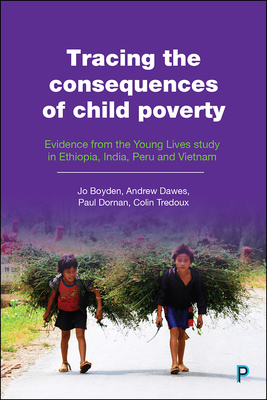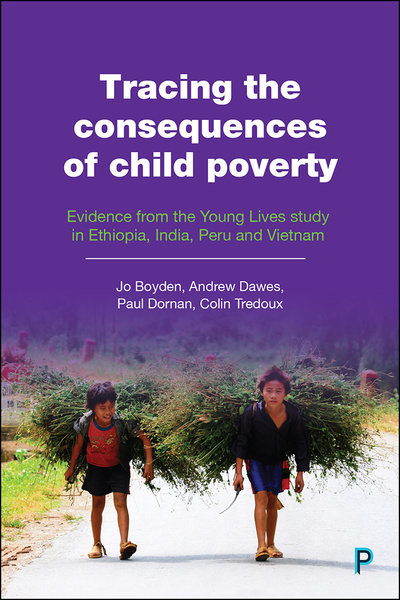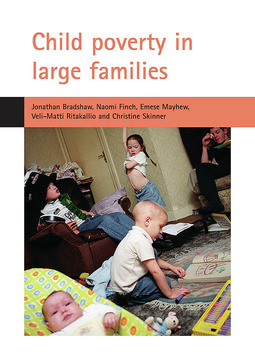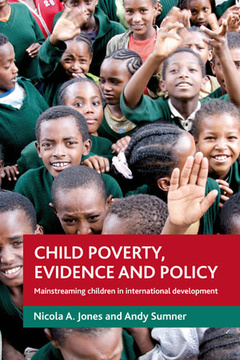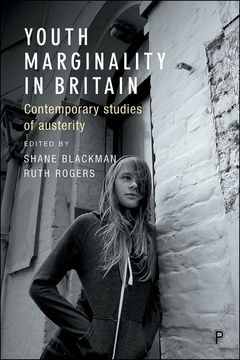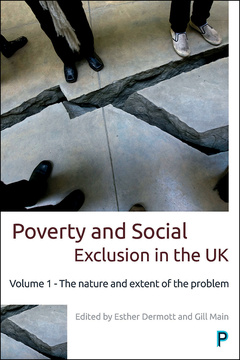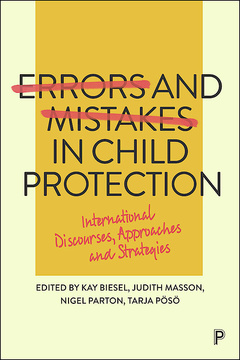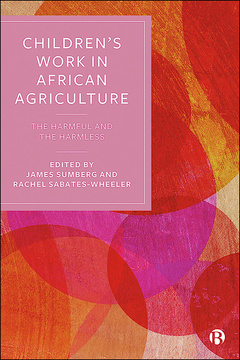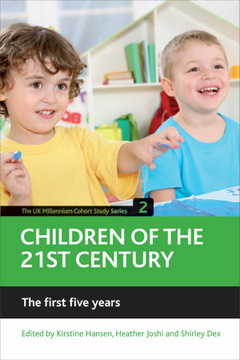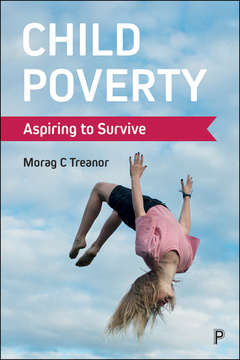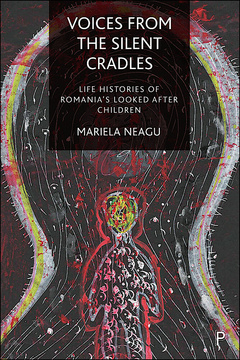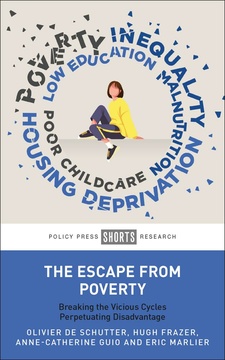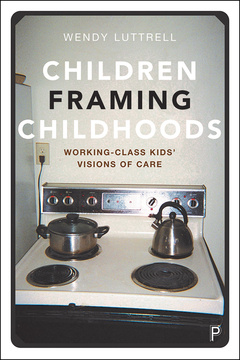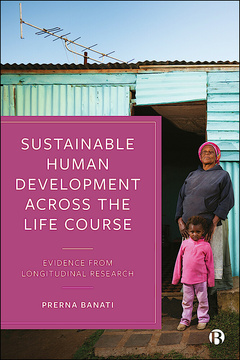Tracing the Consequences of Child Poverty
Evidence from the Young Lives Study in Ethiopia, India, Peru and Vietnam
By Jo Boyden, Andrew Dawes, Paul Dornan and Colin Tredoux
Published
Mar 27, 2019Page count
204 pagesISBN
978-1447348313Dimensions
234 x 156 mmImprint
Policy PressPublished
Mar 27, 2019Page count
204 pagesISBN
978-1447348375Imprint
Policy PressPublished
Mar 27, 2019Page count
204 pagesISBN
978-1447348382Imprint
Policy PressPublished
Mar 27, 2019Page count
204 pagesISBN
978-1447348368Imprint
Policy PressIn the media
On our blog: 'Making evidence useful: 3 ways to turn research into policy to tackle child poverty'
Available Open Access under CC-BY-NC licence. What matters most in how poverty shapes children’s wellbeing and development? How can data inform social policy and practice approaches to improving the outcomes for poorer children?
Using life course analysis from the Young Lives study of 12,000 children growing up in Ethiopia, India, Peru and Vietnam over the past 15 years, this book draws on evidence on two cohorts of children, from 1 to 15 and from 8 to 22. It examines how poverty affects children’s development in low and middle income countries, and how policy has been used to improve their lives, then goes on to show when key developmental differences occur. It uses new evidence to develop a framework of what matters most and when and outlines effective policy approaches to inform the no-one left behind Sustainable Development Goal agenda.
“This book grounds statistics in the lived experiences of children to explore the complex links between multiple dimensions of poverty, presenting evidence and recommendations around how policy and practice interventions can help in low, middle and high-income contexts.” Gill Main, University of Leeds
"This book presents rich comparative and longitudinal evidence about young lives in the global south. I would recommend to researchers in international childhood and youth studies, international development and education, and to policy-makers and practitioners in government and non-government settings." Vicky Johnson, Goldsmiths, University of London
Jo Boyden is Professor of International Development/ Director of Young Lives, Oxford Department of International Development. She is an authority on child development and children's rights and has worked on research and policy with children, particularly child labour, education, children in conflict, as well as publishing on childhood resilience in the context of adversity, poverty, and socio-cultural development.
Andrew Dawes is Associate Professor Emeritus in Psychology at the University of Cape Town and a Research Associate with Young Lives. His expertise includes the development indicators for measuring children’s rights and well-being, prevention of child maltreatment and violence to young children, and evaluations of early childhood development programmes in African settings. He has extensive experience in translating research to policy.
Dr Paul Dornan was Senior Policy Officer at Young Lives in the Oxford Department of International Development. He is a social policy analyst with expertise in social policy and child poverty and was responsible for leading policy activity within Young Lives.
Colin Tredoux is Professor of Psychology, University of Cape Town, South Africa, and Chaire d'Attractivité, CLLE, Université de Toulouse, CNRS, UT2J, France. His interests in Social Psychology include contact theory, and the micro-ecology of contact and segregation. He has published widely in a range of journals, including American Psychologist, South African Journal of Psychology, and Psychological Science.
Introduction: From surviving to thriving?;
The Young Lives design and conceptual framework;
Growing up in a time of extraordinary change;
Early childhood: The essential foundation;
Middle childhood: A key time for healthy development and learning;
Adolescence and youth: A time of responsibility and transformation;
Tracing the consequences of poverty for growth in receptive vocabulary and mathematics ability from early childhood to adolescence;
Conclusion: Learning from the Young Lives children’s experiences.







